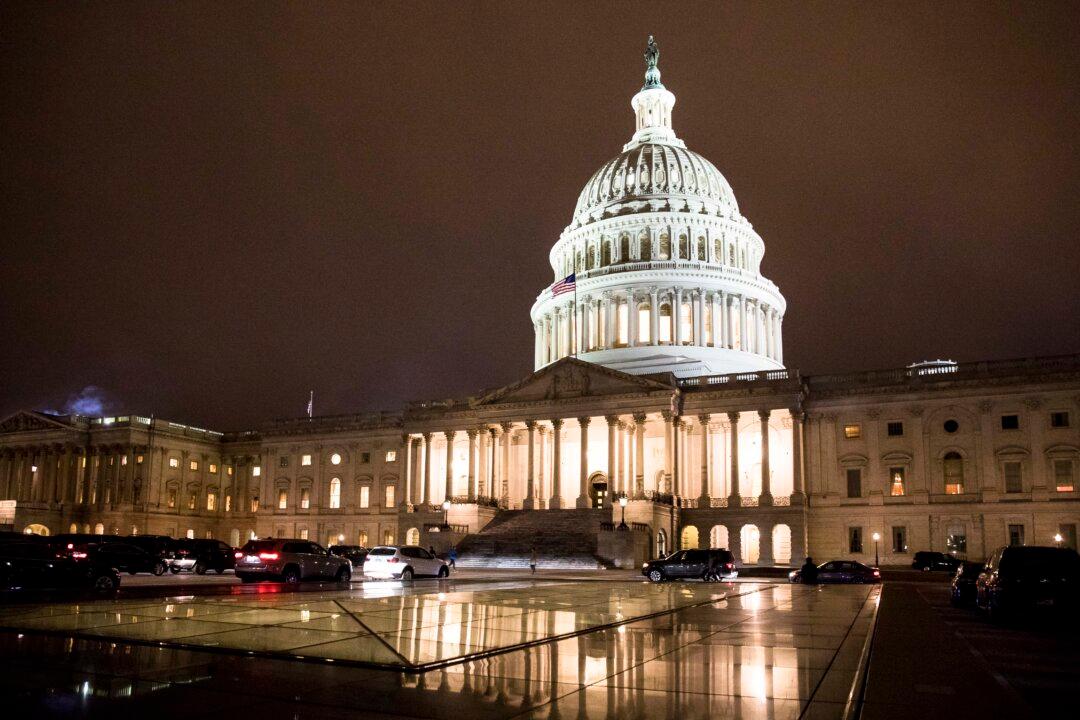WASHINGTON—Fiscal conservatives think the federal spending bill, which President Donald Trump signed into law, is far from ideal and slam their Republican colleagues for selling out conservative beliefs by passing huge spending increases. In an effort to support fiscal discipline, Trump laid out his priorities in the 2018 and 2019 presidential budgets on Feb. 12 and asked Congress not to spend all the money from the budget deal.
A brief overnight government shutdown ended on Feb. 9, after Congress passed a two-year spending bill. The bill raised the budget caps by nearly $300 billion in the next two years and increased the debt ceiling. It is the second-largest spending increase in a decade. And the annual deficit is now projected to reach over $1 trillion next year, a deep concern for fiscal hawks.





